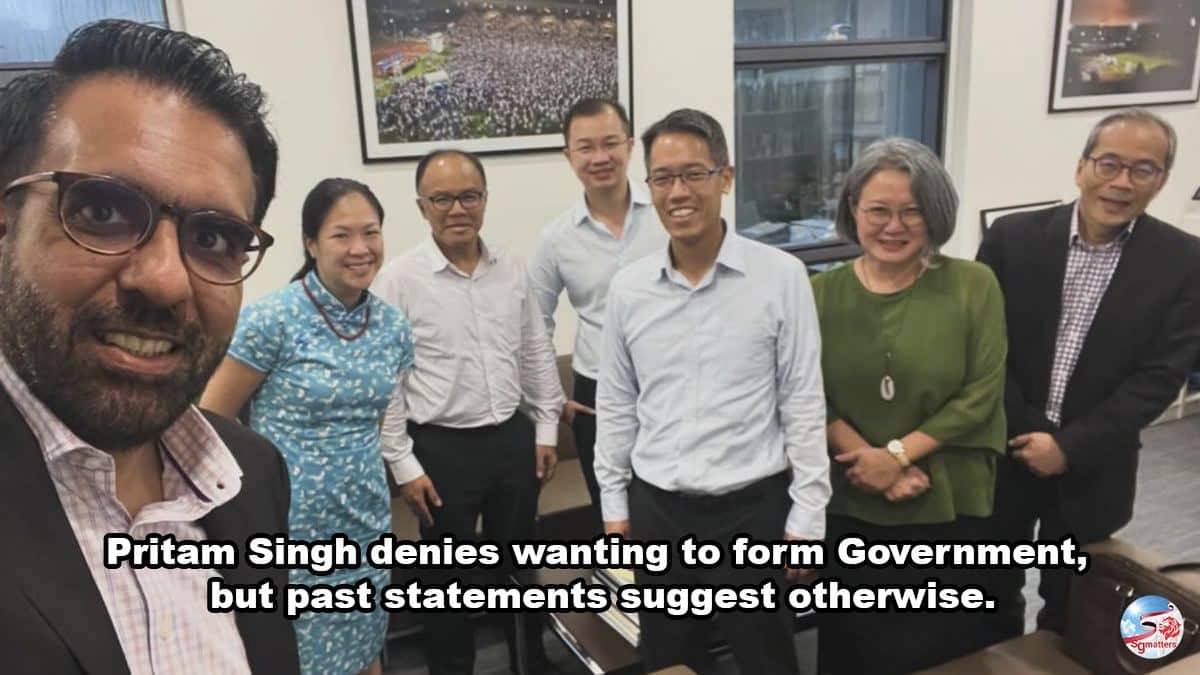The Advisory Committee on Platform Workers was then set up by the Government and convened in September 2021 to work with tripartite partners to discuss on key issues that affect platform workers, such as their long-term retirement and housing adequacy, medical and injury coverage, and representing their interests.
On 23 November 2022, the Government announced that they accept all 12 recommendations by the Committee and will implement the recommendations in a progressive manner from the later part of 2024 at the earliest.
Mandatory CPF Contribution
Given that the recommendations are targeted at providing financial adequacy for retirement and housing needs, the CPF contributions are mandatory for platform workers who are aged below 30 in the first year of implementation, to help these group of people who are likely at the age of trying to save up for their first home. Platform workers who are aged 30 and above in the first year of implementation will be given the flexibility to opt into the full CPF contribution regime.
Financial Protection for Work Injury

Who Bears the Costs?
In short, WE ALL DO.
It was heartening that survey findings and engagements done by the Committee indicate that Singaporean consumers are willing to pay a bit more for platform services to strengthen protections for platform workers. This is a recognition of the invaluable service and livelihood opportunities the platform provides.
Professor Danny Quah, Committee Vice-Chairman, Dean and Li Ka Shing Professor in Economics, Lee Kuan Yew School of Public Policy acknowledges that there are complex trade-offs between strengthening protections and flexibility, without overburdening business costs. He emphasized that “Implementation of the recommendations should be practical and sustainable for Platform Workers, businesses and consumers” and that “We should pace in the recommendations so that the market has time to gradually adjust.”
NTUC Calls to Support the Transition

Under the accepted recommendations, platform workers will now also be given the right to seek formal representation through a new representation framework designed for platform workers. The formation of the Tripartite Workgroup (TWG) on Representation of Platform Workers in August this year, which NTUC is a member of, provides a platform for stakeholders to agree on workers’ representation and to set in place an enhanced framework that will close the imbalance between platforms and platform workers. This is on top of the existing NTUC associations that have been representing the interests of platform workers.
In her Facebook post following the acceptance of the recommendations, Ms Yeo Wan Ling, Advisor to the NTA, NPHVA and NDCA, and Director of NTUC U SME and U Women and Family, concur that the roll out of recommendations is a significant step forward in advancing the protection of platform workers and NTUC will be supporting platform workers throughout this journey.
We will work with the Government for potential transition measures to support our platform workers. Beyond these immediate steps, NTUC wants to ensure fair wages for the platform workers like we do for unionised workers – that their wages commensurate with their roles, and any measures put in place should not greatly impact their take-home pay. This is the way to ensure a sustainable way to promote better earnings, better welfare and better work prospects for my sisters and brothers in this industry.





